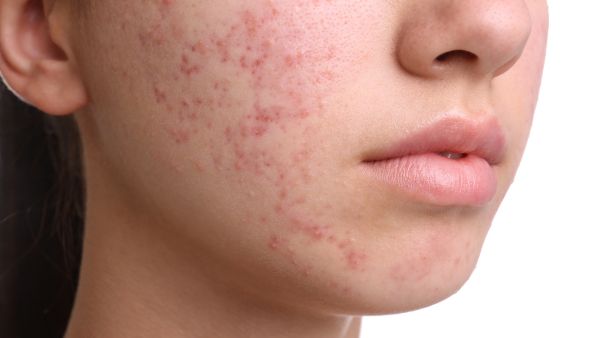Acne is a common skin concern that affects people of all ages. Whether you’re dealing with occasional pimples or chronic breakouts, a wide range of treatments is available to help manage and prevent acne. Choosing the right treatment depends on the severity of your acne and your skin type. Here’s a look at various acne treatment options, from over-the-counter (OTC) remedies to professional care.
Over-the-counter (OTC) Treatments
For mild to moderate acne, OTC treatments are often the first step in managing breakouts. These products contain active ingredients like benzoyl peroxide, salicylic acid, and sulfur, which target the main causes of acne—bacteria, excess oil, and clogged pores.
-
Benzoyl Peroxide: This ingredient works by killing acne-causing bacteria and is effective for treating whiteheads and inflamed pimples. It’s available in various forms, including cleansers and spot treatments.
-
Salicylic Acid: Salicylic acid penetrates deep into the pores, helping to dissolve oil and dead skin cells. It is particularly useful for treating blackheads and whiteheads.
-
Sulfur: Sulfur is a gentle option that works by drying out the skin and absorbing excess oil, making it suitable for those with oily skin or mild breakouts.
These OTC treatments can be effective for many people with mild acne, but it’s important to use them consistently and follow instructions to avoid irritation.
Prescription Topical Treatments
For those with more persistent acne, dermatologists can prescribe stronger topical treatments. Prescription retinoids, such as tretinoin and adapalene, are commonly used to increase skin cell turnover and prevent pores from becoming clogged. These medications are highly effective at treating blackheads, whiteheads, and moderate inflammatory acne.
Topical antibiotics like clindamycin are often prescribed to reduce the bacteria that cause acne, and they are sometimes combined with benzoyl peroxide for a more powerful effect. These prescription treatments tend to work well for individuals who haven’t seen results from OTC products.
Oral Medications for Acne
In cases of moderate to severe acne, oral medications may be necessary. Oral antibiotics, such as doxycycline and minocycline, help reduce inflammation and target bacteria from within the body. These are typically prescribed for short-term use to avoid antibiotic resistance.
For women with hormonal acne, oral contraceptives can be effective in regulating hormones that cause excess oil production. Spironolactone, another hormone-regulating medication, is often prescribed to women to reduce breakouts associated with hormonal fluctuations.
In severe cases, dermatologists may recommend isotretinoin (commonly known as Accutane), a powerful medication that reduces oil production and clears up even the most persistent cystic acne. While highly effective, isotretinoin requires close medical supervision due to potential side effects.
Professional Dermatological Procedures
For patients seeking additional support, dermatologists offer a range of professional procedures. Chemical peels, for example, exfoliate the skin and help reduce acne scars. Laser and light therapies can target acne-causing bacteria and improve skin texture, while cortisone injections can provide fast relief for painful cystic acne.
Conclusion
Acne treatment is not one-size-fits-all, and finding the right approach requires understanding your skin’s needs and the severity of your acne. Whether you start with OTC treatments or seek professional care, there are numerous options to help you achieve clear, healthy skin. Consulting a dermatologist can help you find the best course of treatment tailored to your skin’s specific needs.

